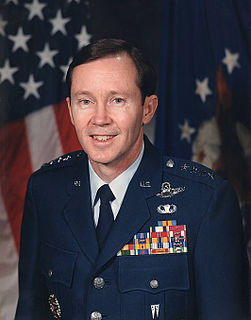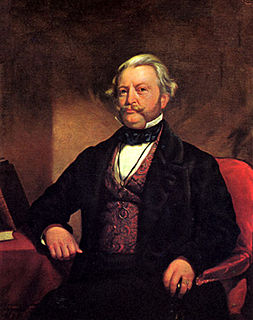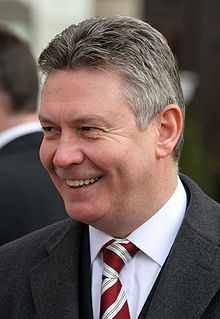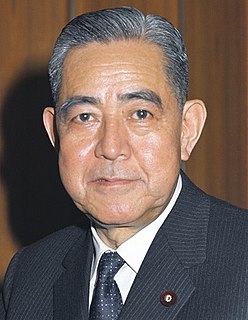A Quote by John Burroughs
The countries outside the Non-Proliferation Treaty also are bound by that obligation [ Article Six of the treaty] according to, at least it's a strong implication of, a 1996 opinion of the International Court of Justice.
Related Quotes
It is the foremost responsibility of the United States, having been the predominant nuclear power, to take the lead in scaling this back and making good on its signed and sealed and ratified obligation in Article 6 of the non-proliferation treaty going back to '68 to eliminate this nuclear arsenal. That's a serious international obligation.
In fact, the Outer Space Treaty of 1967 bans militarization. Potential adversaries of the US, and even its allies, are so far behind that these countries are very interested in maintaining the treaty. Europe and the rest of the world want a strong reaffirmation of the Treaty and the US is unilaterally trying to derail it. Termination of the treaty would mean that the US could develop satellite weapons, put offensive weapons in space. It would probably mean using nuclear power in space. All of this leads to some very dangerous scenarios, including destruction of the species.
Nicaragua dealt with the problem of terrorism in exactly the right way. It followed international law and treaty obligations. It collected evidence, brought the evidence to the highest existing tribunal, the International Court of Justice, and received a verdict - which, of course, the U.S. dismissed with contempt.
More than 180 countries around the world have ratified CEDAW, some with reservations. While the United States signed the treaty in 1981, it is one of the few countries that have not yet ratified it. As a global leader for human rights and equality, I believe our country should adopt this resolution and ratify the CEDAW treaty.
The court was unable to rule on all circumstances in which nuclear weapons might be used, and it said in view of the problems, the risks posed by nuclear weapons, and in view of the lack of certainty of the law in all circumstances, the best course is fulfilling the obligation of good faith negotiations of nuclear disarmament contained in the nuclear non-proliferation treaty.
... looked at from the standpoint of the ultimate result, there was little real difference to the Indian whether the land was taken by treaty or by war. ... No treaty could be satisfactory to the whites, no treaty served the needs of humanity and civilization, unless it gave the land to the Americans as unreservedly as any successful war.
The basic problem with the Non-Proliferation Treaty is there's no teeth in it, no penalties for countries that don't comply. Worse, as you say, the very naïve structure of the NPT has actually made it helpful for countries who want to acquire nuclear weapons. Iraq, North Korea, Iran, all used the NPT to build up their nuclear programs.






























